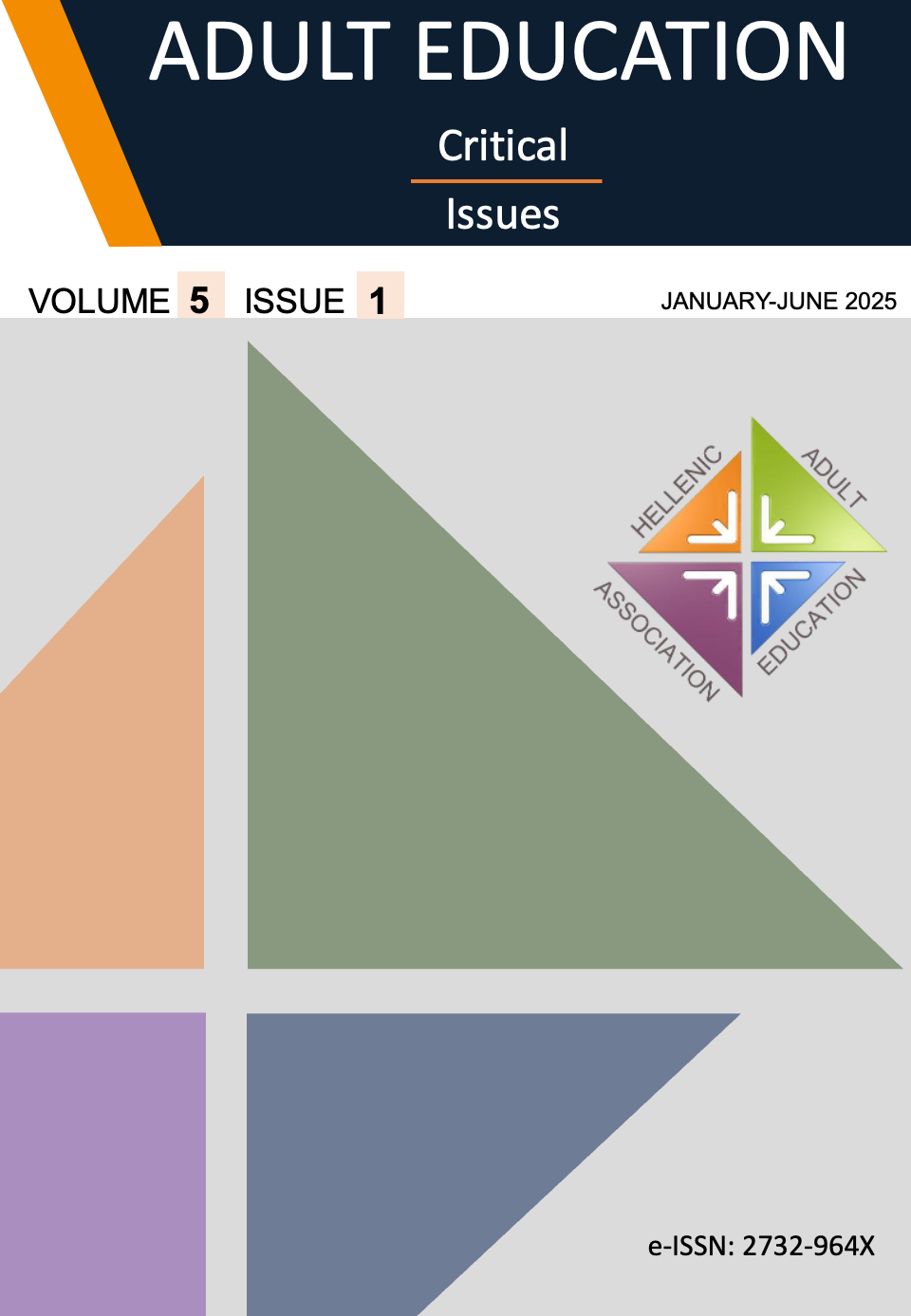Transformative Learning - A Closer Look at Critical Reflection with Franz Brentano
Résumé
Mezirow’s transformative learning (TL) theory highlights the importance of critically examining frames of reference and their origins. While critical reflection is central to TL, its connection with emotions remains insufficiently addressed. This paper asserts that critical reflection encompasses rationality and emotionality, forming a unified consciousness that integrates mind and heart. By revisiting foundational psychological concepts, particularly Franz Brentano’s theories of intentionality and mental phenomena, which closely connect with Mezirow’s concept of critical reflection, this article offers a fresh perspective on the rational-emotional interplay. The article reviews Mezirow’s TL theory, introduces Brentano’s key concepts, and critiques the underrepresentation of emotionality in Mezirow’s framework, emphasising its integral role in critical reflection. It explores the unity of consciousness and demonstrates how meaning-making and reflection are inherently shaped by emotional experiences. A Brentano-inspired lens clarifies the ambiguities of transformation, challenges the necessity of a disorienting dilemma, and proposes alternative pathways. The paper concludes with practical recommendations for educators and directions for future research.
Article Details
- Comment citer
-
Chiu, E. (2025). Transformative Learning - A Closer Look at Critical Reflection with Franz Brentano . Adult Education Critical Issues, 5(1), 52–66. https://doi.org/10.12681/haea.39759
- Rubrique
- Articles

Ce travail est disponible sous la licence Creative Commons Attribution 4.0 International .
Authors who publish with this journal agree to the following terms:
- Authors retain copyright and grant the journal right of first publication with the work simultaneously licensed under a Creative Commons Attribution License that allows others to share the work with an acknowledgement of the work's authorship and initial publication in this journal.
- Authors are able to enter into separate, additional contractual arrangements for the non-exclusive distribution of the journal's published version of the work (e.g., post it to an institutional repository or publish it in a book), with an acknowledgement of its initial publication in this journal.
- Authors are permitted and encouraged to post their work online (e.g., in institutional repositories or on their website) prior to and during the submission process, as it can lead to productive exchanges, as well as earlier and greater citation of published work (See The Effect of Open Access).



